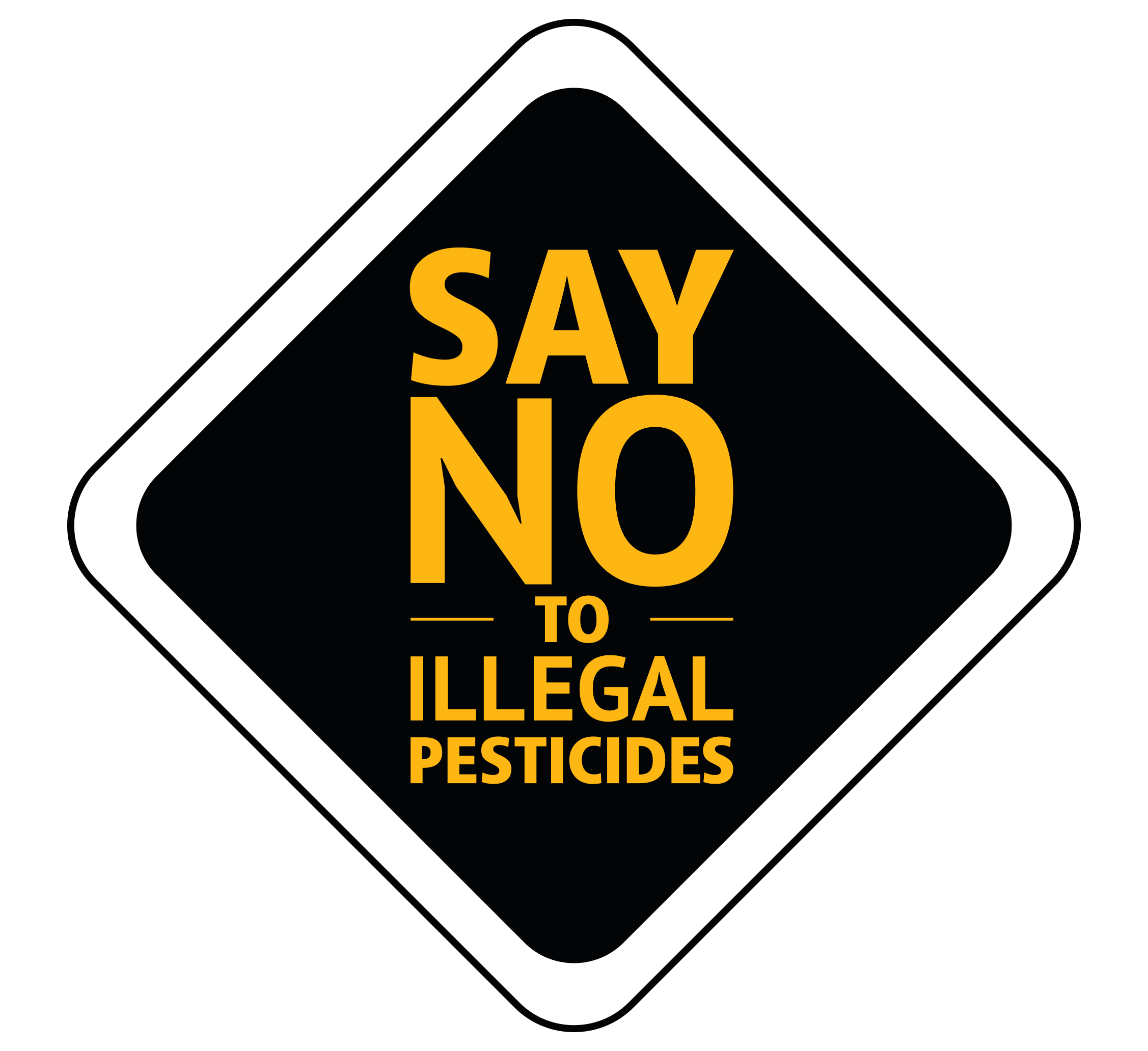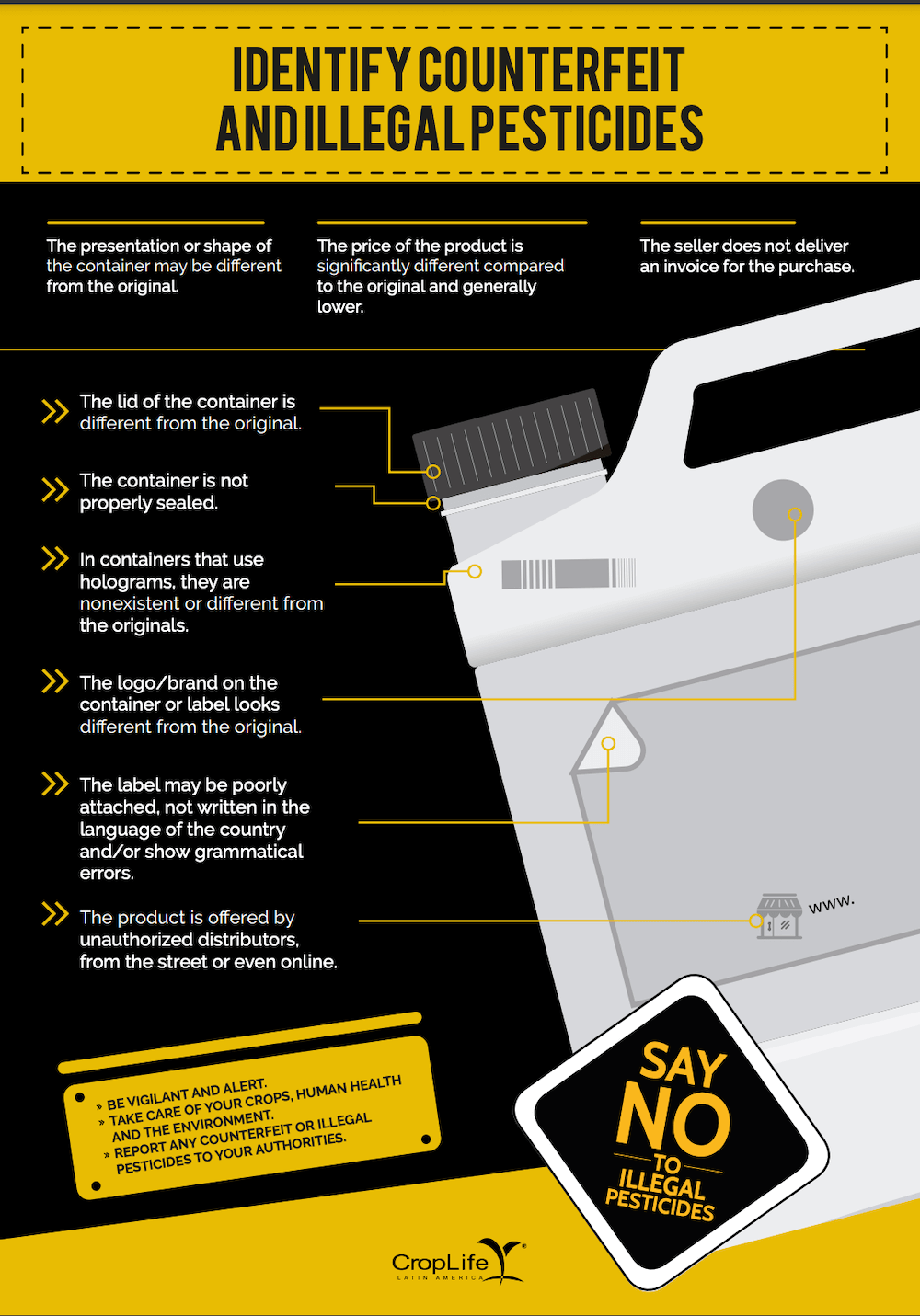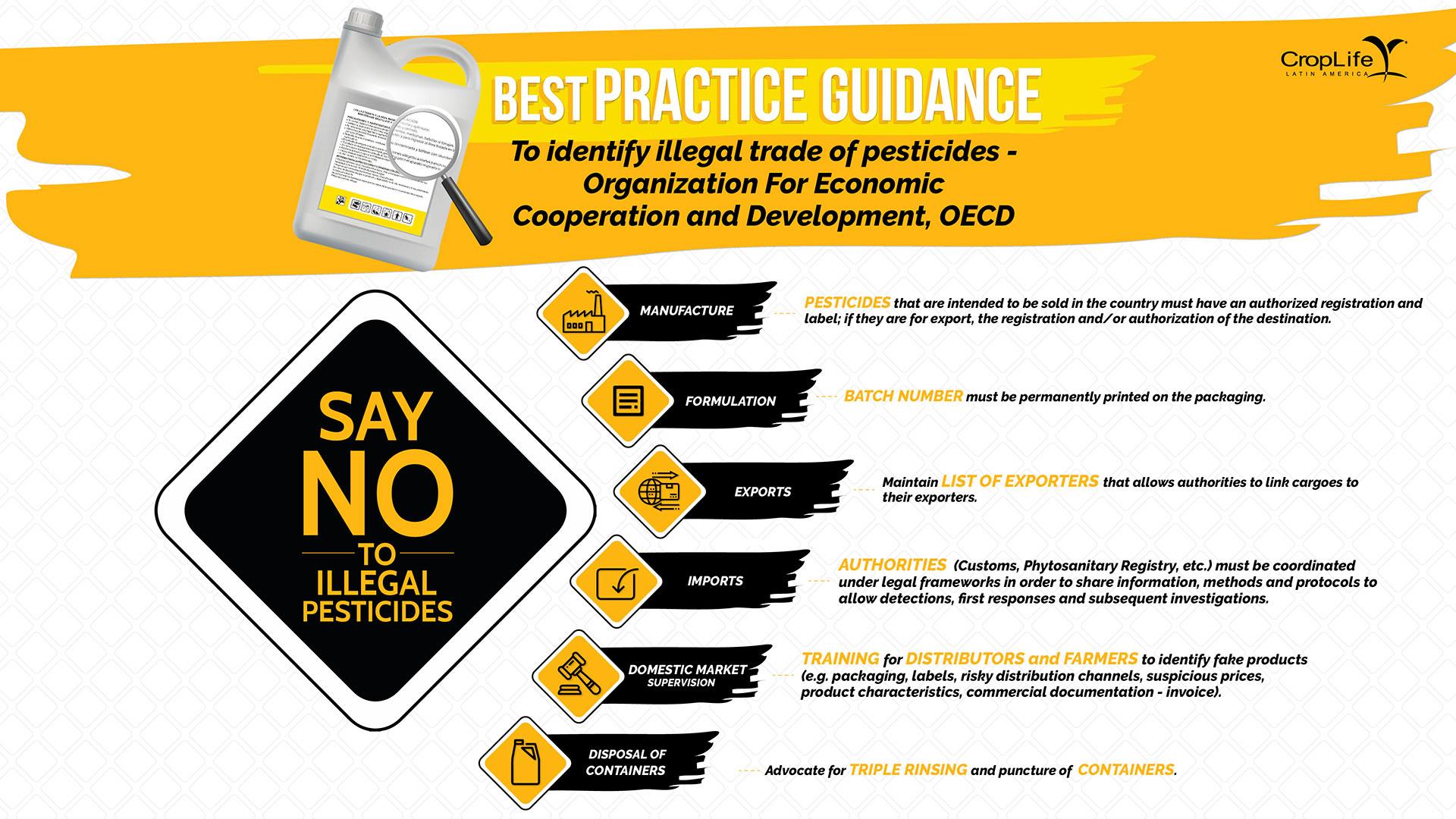Counterfeiting is a dangerous and growing problem for all industries, including the plant science industry.Counterfeiting of plant science products brings a range of negative effects for the industry, farmers and the environment.

These negative impacts of counterfeit pesticides include:
- Economic ruin for the farmer; potential loss of harvest due to use of an ineffective counterfeited products.
- Discouragement to honest local entrepreneurs from investing in legitimate product development.
- Hampering of investment, employment, technology transfer and tax revenues.
- The potential harm to the environment as counterfeits are not tested for safety (whereas legal products are extensively tested before they are authorized and fulfill strict requirements).
- Risk that buyers of export crops will boycott crops treated with counterfeit pesticides thus posing an economic risk to countries relying on export crops.
The effect of counterfeiting is that it could eliminate the incentive for plant science companies to continue to invest considerable time and money in the development of new technologies that can help assure global food security and alleviate hunger and poverty. Furthermore, counterfeit pesticides risk the health and safety of workers and farmers.
The plant science industry is committed to innovation and delivery of state-of the-art products to the world’s farmers, and thereby increase food security and encourage social development. We work with police, customs and regulators for the implementation and enforcement of intellectual property rights to ensure that only authentic crop protection products are traded and used in a safe, responsible manner.
Source: CropLife International
Best Practice Guide to Identify Illegal Trade of Pesticides
The Organisation for Economic Cooperation and Development (OECD), published the Best Practice Guidance to Identify Illegal Trade of Pesticides. This document, which includes 105 articles, seeks to provide guidance to regulatory authorities regarding best practices to identify and fight the illegal trade of pesticides through out their life cycle. Moreover, the guide raises awareness on the issue of illegal trade of pesticides, while alerting the member countries about the need to end this issue.
Click on the image to see the complete infographic:
 Illegal pesticides: Don't put your farm at risk!
Illegal pesticides: Don't put your farm at risk!
The trade in illegal and counterfeit pesticides is a growing problem. Illegal pesticides are untested and unauthorised; use them and you risk damage to your health, your harvest and your environment.
Counterfeiters of crop protection products have a criminal disregard for farmers, the food chain, consumers, the environment and the values of legitimate manufacturers and exporters. These lawbreakers and organized crime networks are lucrative but very dangerous. We know their illegal products can cause immeasurable harm to all levels of the food chain, damages plus create disastrous effects on the economies of exporting nations.
View, download and print the informative poster.
Exporters: Know Your Customer!
Exporters of pesticides and active ingredients (AIs) risk being responsible for the criminal acts of foreign companies if the exporters ‘knew or should have known’ that they were shipping to criminals.
As an exporter or manufacturing company, what can you do to prevent contributing to illegal counterfeiting operations around the world?
Start by making sure your customers are reliable, honest companies with a good reputation of using AIs and pesticides legally. Ask the following questions:
- Is your customer registered in the country of destination?
- Can they provide legal proof that they exist?
- Does your customer have a good reputation in their country?
View, download and print the informative brochure.
Documents and links of interest:
https://croplife.org/crop-protection/anti-counterfeiting/



















